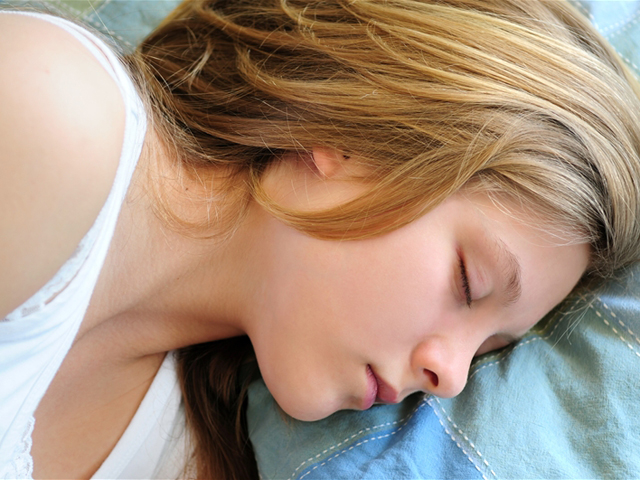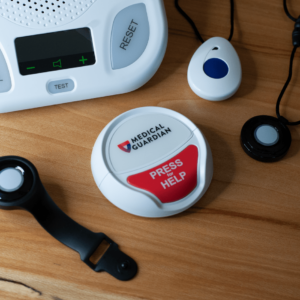Sleep is an essential component of a healthy lifestyle. It is during sleep that our bodies and minds rejuvenate, allowing us to wake up refreshed and ready to face a new day. However, for millions of people around the world, sleep doesn’t come easy. Sleep disorders disrupt the natural sleep patterns, leading to a host of physical and mental health issues. In this comprehensive guide, we will explore the various types of sleep disorders, their symptoms, and the treatments available to help those affected achieve a good night’s sleep.
Understanding Sleep Disorders
Sleep disorders are a group of conditions that interfere with a person’s ability to sleep well on a regular basis. These disorders can affect anyone, regardless of age, gender, or background. While there are numerous sleep disorders, they can be broadly categorized into the following types:
Insomnia
Insomnia is perhaps the most common sleep disorder, characterized by difficulty falling asleep or staying asleep, or waking up too early and not being able to fall back asleep. It often leads to daytime fatigue, irritability, and difficulty concentrating.
Sleep Apnea
Sleep apnea is a serious condition in which a person’s breathing is repeatedly interrupted during sleep. This disruption can happen hundreds of times a night, leading to poor sleep quality and potentially severe health problems.
Narcolepsy
Narcolepsy is a neurological disorder that affects the brain’s ability to regulate sleep-wake cycles. People with narcolepsy often experience sudden and uncontrollable bouts of sleepiness during the day.
Restless Leg Syndrome (RLS)
RLS is a condition characterized by uncomfortable sensations in the legs, which are relieved only by moving them. These sensations can disrupt sleep and lead to insomnia.
Parasomnias
Parasomnias are abnormal behaviors that occur during sleep. They can include sleepwalking, night terrors, and sleep-related eating disorders.
Recognizing the Symptoms
Identifying a sleep disorder can be challenging because the symptoms can vary widely depending on the specific disorder. However, there are common signs that may indicate the presence of a sleep disorder:
- Difficulty falling asleep or staying asleep
- Frequent awakenings during the night
- Loud snoring and choking or gasping during sleep
- Excessive daytime sleepiness
- Sudden muscle weakness or paralysis (common in narcolepsy)
- Restless leg movements during sleep
- Acting out dreams during sleep
If you or someone you know experiences these symptoms regularly, it’s essential to seek medical advice and a proper diagnosis.

Seeking Treatment
The good news is that most sleep disorders are treatable, and effective treatments can significantly improve the quality of sleep and overall well-being. Treatment options for sleep disorders may include:
Lifestyle Modifications
In many cases, simple lifestyle changes can make a big difference. These may include:
- Establishing a regular sleep schedule
- Creating a comfortable sleep environment
- Limiting caffeine and alcohol intake, especially before bedtime
- Exercising regularly, but not too close to bedtime
- Managing stress through relaxation techniques
Medications
For some sleep disorders, medications may be prescribed to help manage symptoms. For example, insomnia may be treated with sleep aids, while sleep apnea may require the use of a continuous positive airway pressure (CPAP) machine.
Behavioral Therapy
Cognitive-behavioral therapy for insomnia (CBT-I) is a highly effective treatment that helps individuals identify and change thoughts and behaviors that contribute to sleep problems.
Surgical Interventions
In cases of severe sleep apnea or other structural issues, surgical interventions may be necessary to improve airflow and correct physical abnormalities. If you want to find great tips and information about otc sleep aids, you may visit their page to know more.
Conclusion
Sleep disorders can have a profound impact on a person’s quality of life, affecting not only their physical health but also their emotional well-being. Recognizing the signs and seeking treatment is the first step towards better sleep and improved overall health. If you or someone you know is struggling with a sleep disorder, don’t hesitate to consult a healthcare professional. With the right guidance and treatment, restful nights and vibrant days are within reach.






